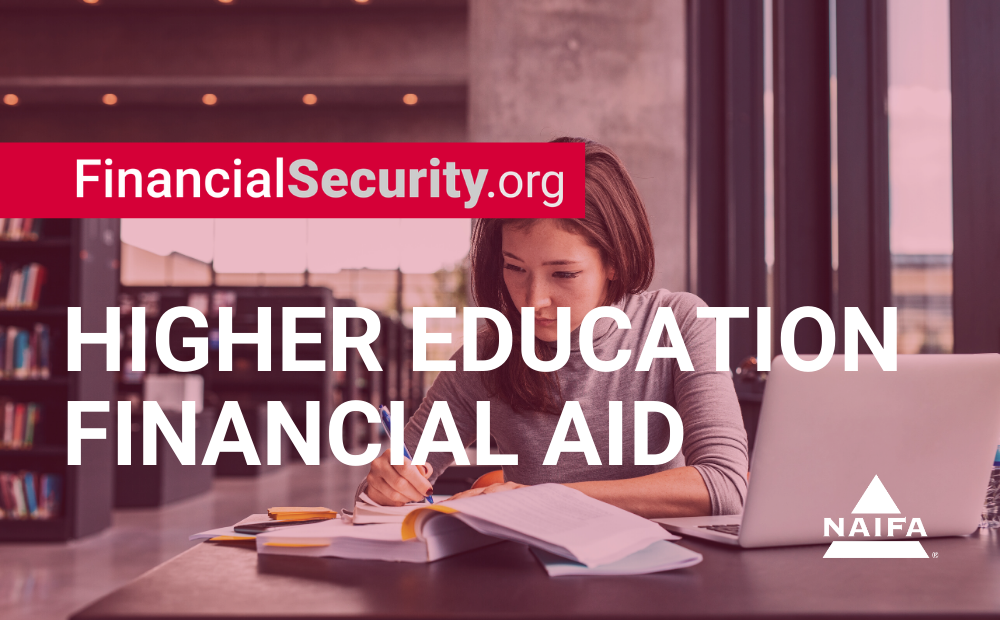Nearly 15 million students are enrolled in fall semester classes throughout the United States this year. Approximately 72 percent of those students have received at least some form of financial aid according to the Washington Post. Those who do not receive financial aid will need to file a Free Application For Federal Student Aid, or FAFSA, form to receive funding. That form is a lifeline to many students not able to pay for their higher education otherwise. This begs the question: What are people whose incomes have been damaged by COVID-19 supposed to do now?
Scenario 1: Your FAFSA Form Is Not Yet Filled Out
Those looking to fill out a FAFSA form for the 2020-2021 school year would need to use their tax information from their filing with the IRS from 2018. However, there are situations in which one's circumstances may have changed dramatically. The U.S. Department of Education suggests that those who find themselves in this situation contact the college or university's financial aid office as soon as possible after filing the FAFSA form to explain the situation.
Scenario 2: Your FAFSA Forms Are Already Filled Out
It is not all gloom and doom if your FAFSA forms are already filled out, but it will be more challenging to correct. It is possible to still get some additional aid. There is non-federal aid available to those who attend one of the 400 different colleges and universities that accept a CSS profile.
The FAFSA is pretty rigid about not changing or updating financial information after it has been submitted, but special circumstances may be accepted in some cases. The best thing to do is to reach out to the college or university directly and ask them what may be done.
Scenario 3: You Still Need More Aid
Those still requiring aid after they have completed their FAFSA form can ask the university for additional assistance from funding received as part of the CARES Act passed by Congress in March 2020. Experian recommends the following:
The Coronavirus Aid, Relief and Economic Security (CARES) Act provides more than $6 billion to colleges and universities, which they can give as emergency cash grants to students whose lives and finances have been disrupted by the COVID-19 crisis. Call your school's financial aid office to see if you qualify.
This sounds like a lot of money, but there are also a lot of people in need right now, and it is best to try to get funding as soon as possible. Higher education can open many doors to one's financial future, but only once that education has been paid for, and that means obtaining as much aid as possible.









